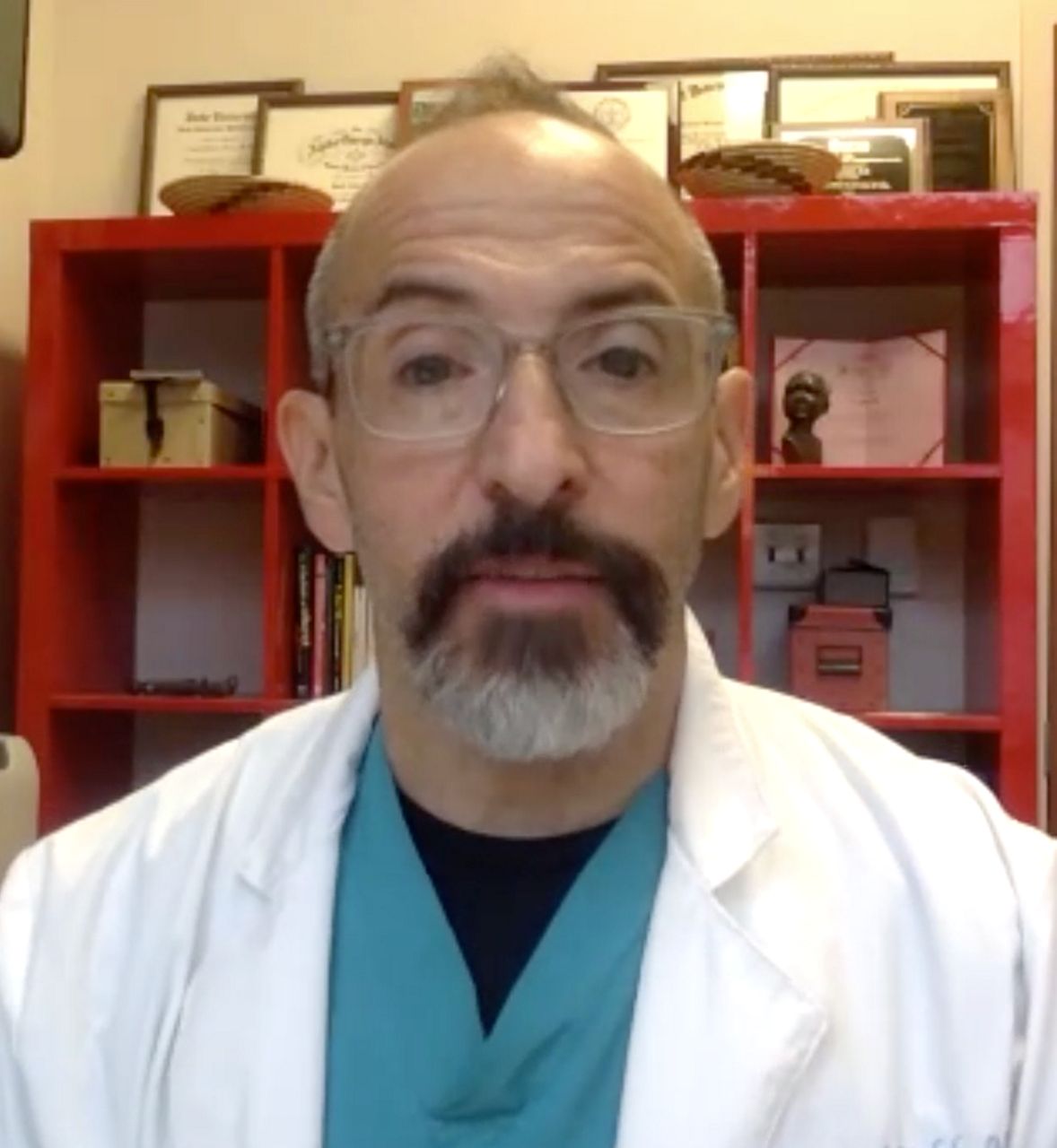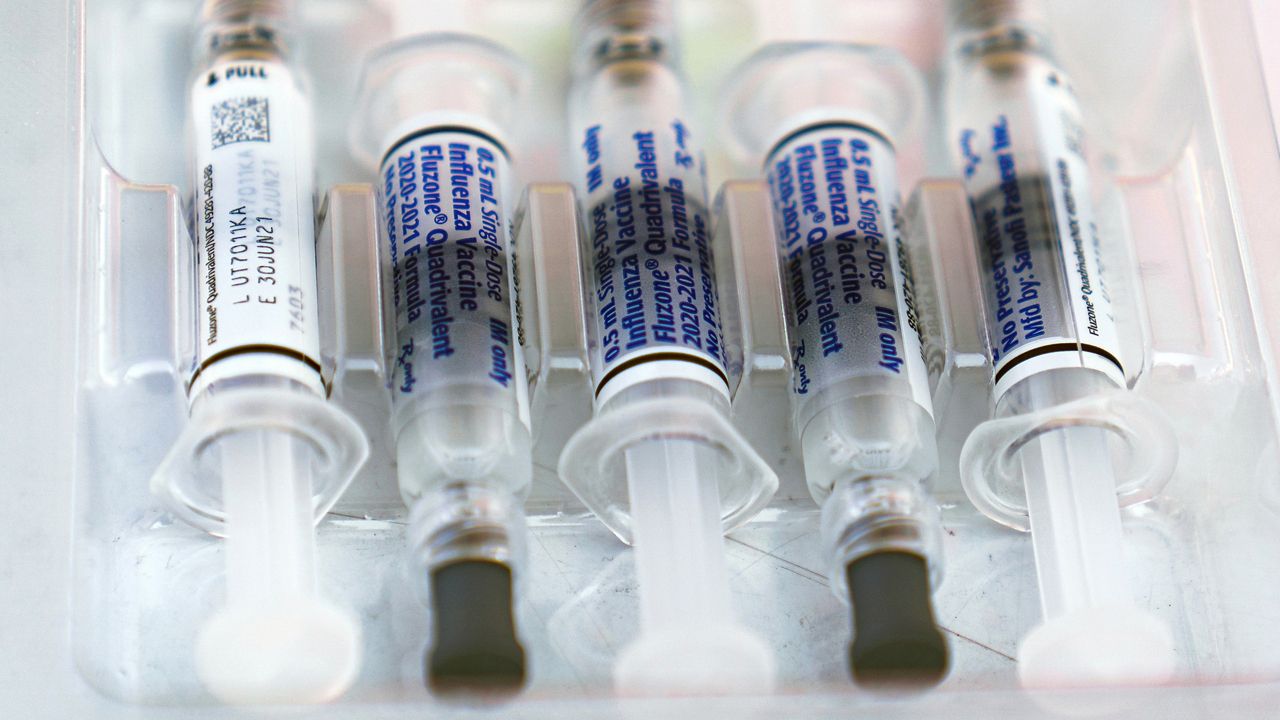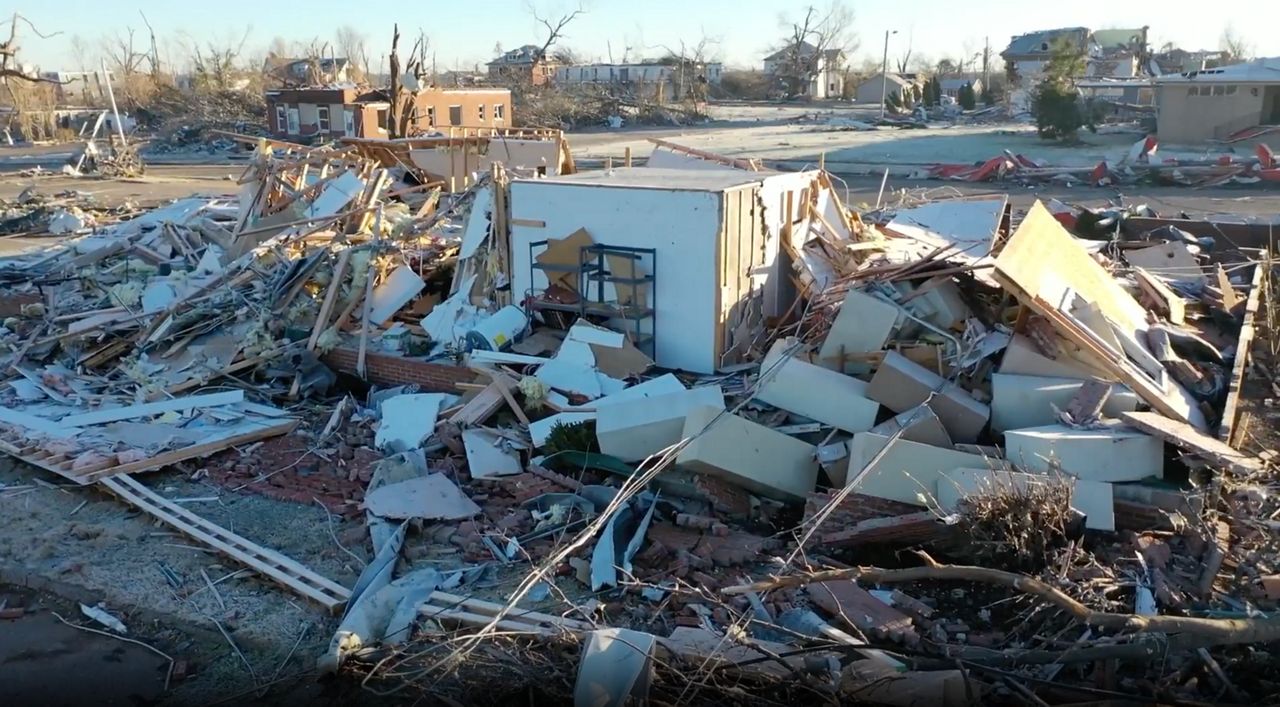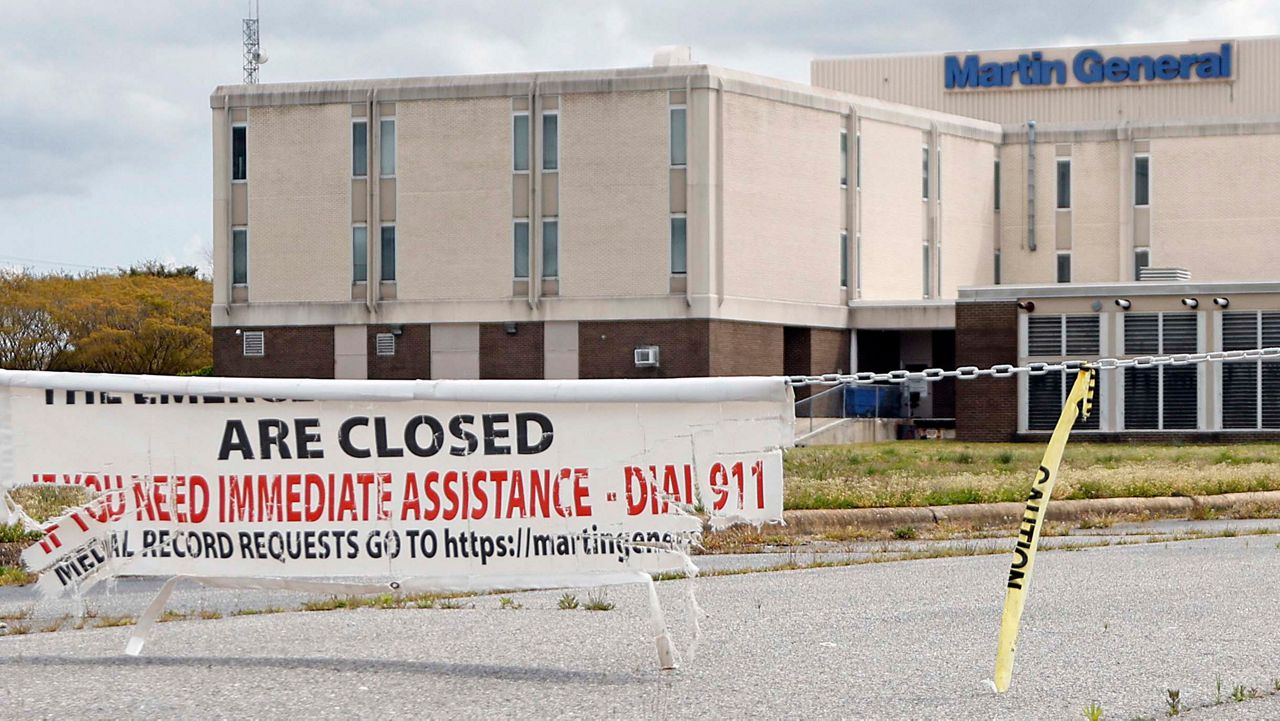It’s flu season again, and the coronavirus pandemic continues to drive high COVID-19 case numbers across much of the country.
Nationally, almost 77% of the adult population has had at least one dose of a coronavirus vaccine. As the country’s doctors and public health officials continue to work to get more people vaccinated for COVID, they’re now telling people to get the flu vaccine too.
The vaccine campaign to get the flu shot is an annual ritual for doctors this time of year, but they say it’s even more important this fall with many hospitals already full with COVID patients.

Dr. David Wohl, an infectious disease specialist at UNC Health in Chapel Hill, North Carolina, spoke recently with Spectrum News 1 about this year’s flu shot.
Why should you get the flu shot this year?
“If ever there was a time to get a flu shot, I’d say this is the fall and winter to do so,” Wohl said.
The symptoms of the coronavirus and the flu can be very similar, he said, so people could easily confuse the two when they start getting sick. So instead of getting sick with the flu and having to get tested for the coronavirus, it’s better to just avoid getting the flu, Wohl said.
The flu is still a serious virus that can send people to the hospital and be potentially fatal. In the 2019-2020 flu season, the flu hospitalized more than 400,000 people in the United States and killed about 22,000, according to the Centers for Disease Control and Prevention.
In the 2018-2019 season, more than 34,000 people in the country died from the flu, according to the CDC.
“This is a really important time to get the flu shot, and you should get it now so it protects you during the flu season, which has already started,” Wohl said.
What if I just got the COVID vaccine?
You can get the flu vaccine just before, right after, or even on the same day as getting the coronavirus vaccine, Wohl said.
When people were getting the coronavirus vaccine earlier this year, they were always asked if they had just gotten another vaccine or were about to get them.
“Early on, we avoided giving COVID vaccine at the same time as other vaccines,” Wohl said. But since then, they’ve learned a lot more about the vaccine and how it works. So today, people could go in and get shots for the flu and the coronavirus at the same time.
How is the flu vaccine different from the COVID shot?
The flu shot and the COVID vaccine are made in very different ways.
The coronavirus shots from Pfizer and Moderna are what’s called mRNA vaccines, a new type of vaccine technology developed in recent years. The vaccines essentially give instructions to the body about how to make antibodies against the disease they’re meant to fight.
The Johnson & Johnson vaccine is slightly different, using an inactivated cold virus to carry DNA that makes what are called "spike proteins" to protect the body from COVID-19, according to Duke Health.
The flu shot is based on an older model of vaccine development and has a more time-consuming process to produce, Wohl explained.
“It’s not the most perfect vaccine, it’s an older technology,” he said.
Many flu vaccines still involve injecting eggs with inactivated virus and allowing it to grow, similar to how vaccine makers have been making shots for more than 70 years. The eggs are incubated for several days to allow the virus to replicate, according to the CDC.
The virus is then killed inside the eggs and purified to make the flu shot, the CDC said.
The flu vaccine is also available as a nasal spray.
Can kids get the flu shot?
Yes, children can get the flu shot starting when they are 6 months old.
How can I get a flu shot?
The annual flu shot is generally available from most doctor’s offices and pharmacies. Big pharmacies like CVS and Walgreens allow people to walk in a get a flu shot on the spot.









